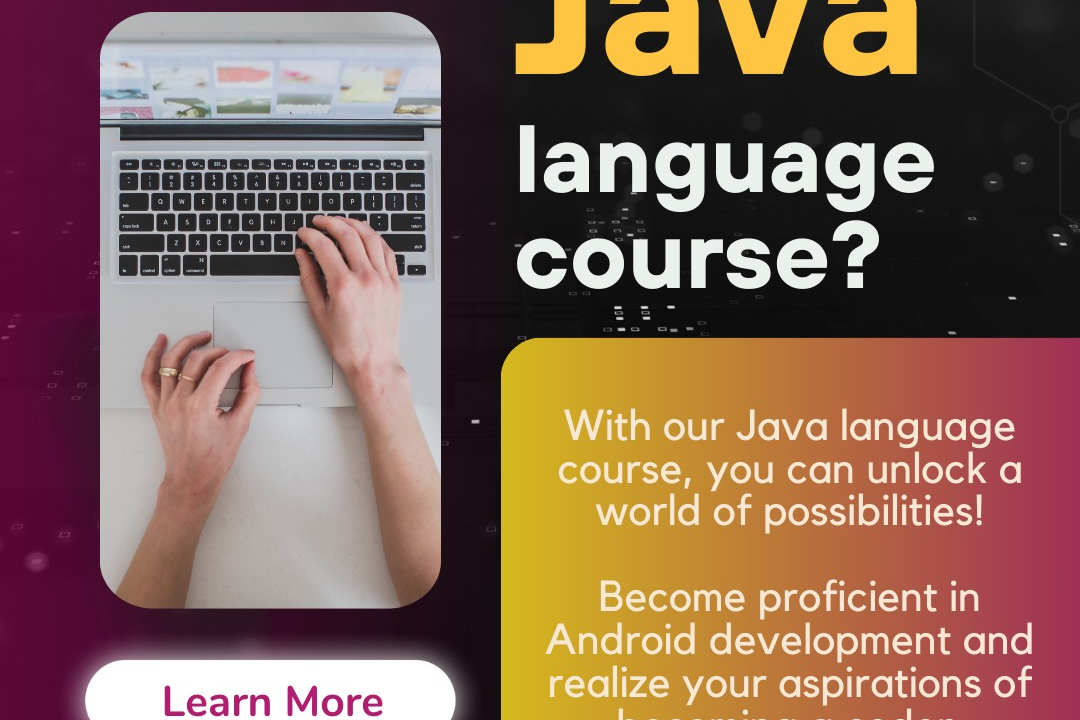Why Java Is Not Fully Object Oriented Language
Exploring the Limitations of Java as an Object-Oriented Language
Why Java Is Not Fully Object Oriented Language
Java is often considered not fully object-oriented because it allows primitive data types, such as int and float, which are not objects like in languages such as Smalltalk. However, Java's decision to incorporate primitive data types alongside objects offers a balance of performance and simplicity, making it easier for developers to work effectively with both types of data. This hybrid approach allows Java to be powerful and practical for a wide range of tasks, striking a balance between the principles of pure object-oriented design and real-world efficiency.
To Download Our Brochure: https://www.justacademy.co/download-brochure-for-free
Message us for more information: +91 9987184296
1 - Primitive data types: Java includes primitive data types such as int, float, boolean, which are not objects and do not inherit from a common superclass as objects do in object oriented languages.
2) Static methods: Java allows the use of static methods which are associated with the class itself rather than with a specific instance of the class, breaking the principle of object oriented programming.
3) Lack of multiple inheritance: Java does not support multiple inheritance, which means a class cannot inherit from more than one class at a time, limiting the flexibility of the language in terms of inheritance.
4) Access modifiers: Java provides access modifiers such as public, private, and protected to control access to class members, which can violate the principles of encapsulation in object oriented programming.
5) Dependency on non object oriented features: Java's reliance on non object oriented features such as arrays and static variables can make it difficult to strictly adhere to object oriented principles.
6) Primitives are not objects: In Java, primitive data types like int and double are not objects, unlike in some other object oriented languages where everything is an object.
7) Lack of operator overloading: Java does not support operator overloading, which is a common feature in object oriented languages that allows operators to be used with custom classes.
8) The design of the language: Java was designed with both object oriented and procedural features, making it less pure in terms of object oriented principles.
9) Global functions: Java allows the use of global functions which are not associated with any specific object, breaking the concept of encapsulation in object oriented programming.
10) Lack of full encapsulation: Java does not provide strict control over data access as some other object oriented languages do, which can lead to potential violations of encapsulation principles.
11) Lack of true templates or generics: Java's generics are implemented using type erasure, which means that generic types are not preserved at runtime, limiting the reusability and flexibility of the code.
12) Final keyword restrictions: The final keyword in Java can restrict inheritance, method overriding, and variable reassignment, which can impede the flexibility and extensibility of the code.
13) Primitive wrapper classes: Java provides wrapper classes for primitive data types, which are necessary for using primitives in collections, but they introduce an additional layer of complexity and can be seen as a departure from pure object oriented design.
14) Lack of full method resolution at runtime: Java determines method resolution at compile time, potentially limiting the polymorphism and dynamic behavior that can be achieved in fully object oriented languages.
15) Use of static keyword: Java's static keyword can be used to define variables and methods that are not tied to specific instances of a class, which goes against the object oriented principle of encapsulation and instance specific behavior.
These points can be covered in a comprehensive training program to help students understand the nuances of Java as an object oriented language with mixed features.
Browse our course links : https://www.justacademy.co/all-courses
To Join our FREE DEMO Session: Click Here
Contact Us for more info:
Photoshop Certification Class
Advanced Angular Interview Questions
Difference Between Dbms And Rdbms With Example
Online Web Development Courses With Certificates
Software Testing Training Bay Area











